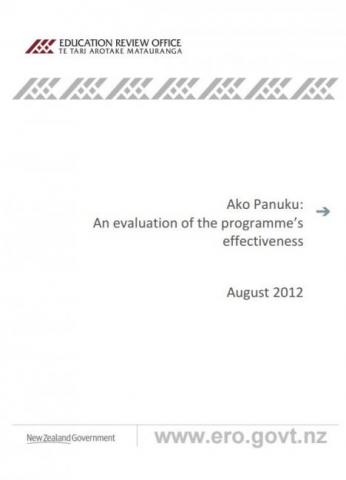E whakatinana tonu nei te rāngai mātauranga reo Māori i te manawanui
Published: 10 Dec 2020
I Aotearoa nei, i tino raru te rāngai mātauranga reo Māori i te horapatanga o te Mate Korona, i kati ai ngā tatau o ngā kura, i mate ai hoki ngā whānau me ngā kaiako ki te tīni i ā rātou mahi ki te whakaako ki te kāinga me te ako tawhiti.
Ko tētahi raru i roto i te huhua, ko te korenga o ngā taputapu matihiko me ngā rauemi, ka mutu ko ngā hapori Māori ērā i rongo i te korekore rawa atu nei.
- Audience:
- Early learning
- Education
- Māori-medium
- Parents
- Schools
- Content type:
- Research
- Topics:
- COVID-19
- Early Childhood Education (ECE)
- Kōhanga Reo
- Kura
- Schools
- Māori-medium
- Te Pou Mataaho | Evaluation and Research Māori
